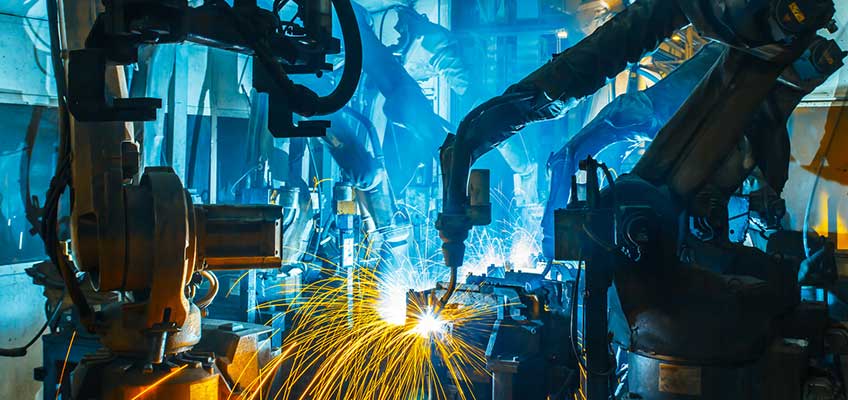Rethink Manufacturing: C. Richard Liu
Sustainable Manufacturing, Renewable Energy
As energy demand and costs continue to grow, so too does the promise of sustainable and green technologies. With his focus on nanotechnology and the manufacturing sector, researcher C. Richard Liu has made significant contributions to sustainable manufacturing and is helping make renewable energy a reality by making energy devices efficient and economically viable.
Liu, professor of industrial engineering and director of global programs, focuses on understanding and improving the physical and topological properties of surfaces producible by manufacturing processes in micro- and nano- scales.
His early work focused on finish hard machining, surface integrity and fatigue life, and the coating of nano- and micro-sized super-hard particles for tribological applications. More recently, he has developed a new manufacturing technology that can make high value-added components better, faster and more efficiently, while saving materials and consuming much less energy. The process can improve fatigue life more than tenfold and is revolutionizing manufacturing of load-carrying components such as the main bearings of helicopters and high-speed “Bullet trains.”
Recent recognition for Liu’s work has come from the American Society of Mechanical Engineers 2008 Error Manufacturing Technology Award and the North American Manufacturing Research Institution (NAMRI) 2011 S.M. Wu Research Award. NAMRI cited him for having created technology leading to “a new market and a science base for engineering a new generation of processes, machine tools, cutting tools and manufacturing systems.”
“The research has been successfully applied in manufacturing load-carrying components and has led to significant benefits of reduced cost and improved efficiency, flexibility, controllability and quality for manufacturing load-carrying components, resulting in higher component fatigue life, system reliability and safety and environmental sustainability,” the citation read.
Liu also collaborates with IE colleague Gary Cheng in the area of competitive nano-manufacturing of energy devices. The school has supported this interest by providing fellowship-matching positions for three doctoral students who are investigating nano-structured materials for batteries, solar cells and the sintering of 3-D thin films that require demanding properties.
David Liu, one of the students, has been able to grow nanowires using a new method with increased productivity. This will enable batteries to have a much greater functional surface-to-volume ratio.
By encouraging the work of students in emerging fields, Richard Liu is advancing industrial engineering by rethinking its applications in nanotechnology, green manufacturing and alternative energy production, and manufacturing sustainability.

